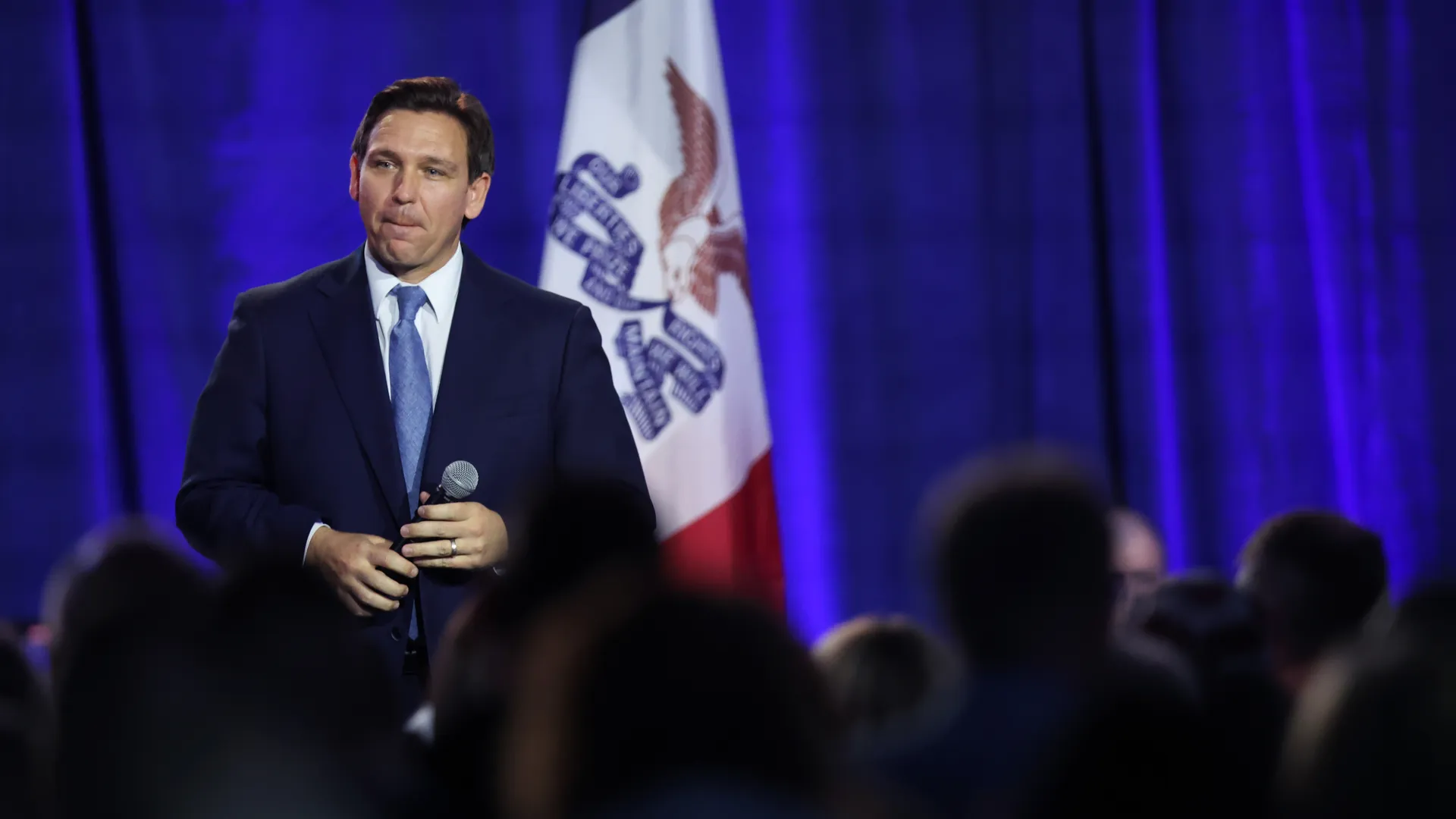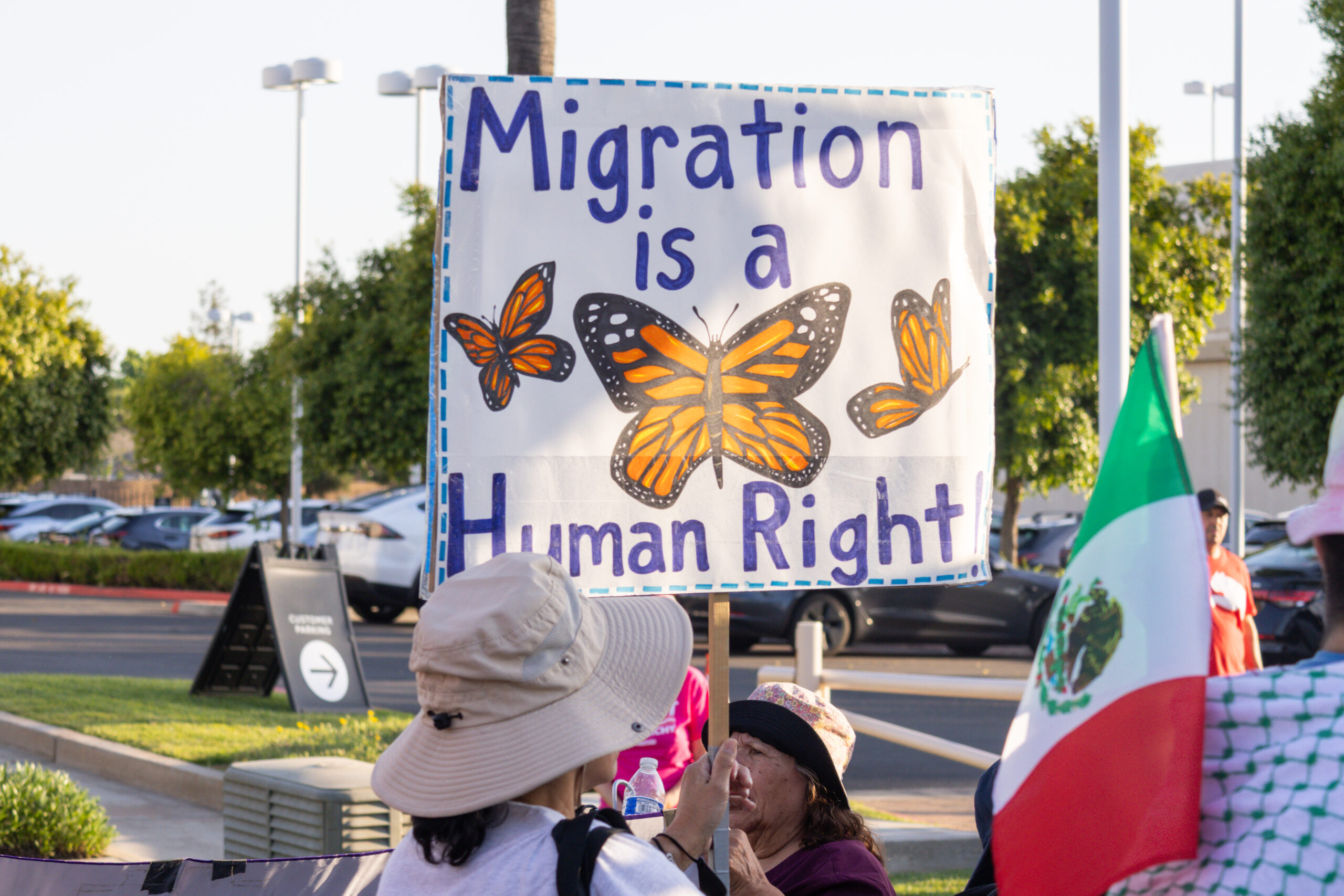
On Aug. 3, 2023, College Board came out with a statement on numerous platforms entailing the ban of the Advanced Placement Psychology course by the Florida Department of Education.
According to the post, AP Psychology was banned in the state of Florida due to its inclusion of content on sexual orientation and gender identity, topics which are forbidden under the state’s “Don’t Say Gay” bill.
The state initially said that districts are free to teach the course if they exclude any mention of these subjects, but course modifications go against College Board policy, so the course was eliminated altogether.
Students, parents, and teachers were left puzzled and scrambling for answers with the news being announced just days before the new school year commenced. AP students were robbed of valuable knowledge and college credits, and teachers’ passions for psychology were snuffed and discarded.
Not only was the ban of AP Psychology an unjust censorship of relevant information, it was a lousy attempt to once again ignore the presence of queer identity.
This is not the first time Florida and the Ron DeSantis administration have aimed to suppress mentions of queer culture in schools.
After the passing of a legal regulation in March of 2022, commonly referred to as the “Don’t Say Gay” bill, Florida teachers were prohibited from mentioning any sexuality or gender-related topics to students. This included a teacher’s own identity, causing many teachers to be laid off for mentioning their LGBTQ+ associations and allyship.
However, the “Don’t Say Gay” bill primarily affected children in elementary school. The ban on AP Psychology affects teens and young adults, many with desires to pursue psychology in the future.
Though the “Don’t Say Gay” bill was hidden behind a facade of concern for the young and impressionable, the more recent AP ban reveals the main motivator for Florida’s censorship: blatant ignorance.
Sexual and gender orientation are by no means a central aspect to the AP Psychology course. In fact, a wide range of topics are covered in the class, including major historical figures in psychology, theoretical approaches to describing behavior, theories about behavioral development, and so much more, with sexuality and gender only being briefly mentioned in a few lessons throughout the course.
Many AP Psychology students also describe an appreciation for the class, both for its college preparation as well as the wealth of knowledge to be gained from it.
“AP Psych gave me an insight into a kind of material I have never had the opportunity to explore properly,” said a Fresno student who took AP Psychology last year. “It’s a subject that makes school interesting and sparked an interest in me to explore it further.”
It is almost hard to believe that such a beneficial and applicable course could be overlooked for its few mentions of sexuality and gender. It is disappointing; for students, for teachers, and for anyone who values the power of knowledge.
How long will it be before the Florida Department of Education bans AP English Literature, for its analysis of poems about queer identity? Or AP U.S History, for its mentions of trans activist Marsha P. Johnson and the riots of Stonewall? These questions cannot be answered for certain.
However, in a positive turn of events, on Aug. 9, 2023, the ban on AP Psychology was repealed. Florida Education Commissioner Manny Diaz Jr. sent a letter to superintendents making it clear that AP Psychology can be offered in its entirety in Florida’s K-12 public schools. This has been a major relief to students and everyone directly involved in the Florida education system.
The battle for total educational freedom is still not over, though. While some Florida school districts were eager to accept AP Psychology as a course once again, other districts are insistent on keeping any mentions of sexuality and gender out of their curriculum, no matter how minor or brief.
The suspension of AP Psychology is only one instance in a chain of educational injustice in the state of Florida. While the Ron DeSantis administration may not have succeeded in permanently banning AP Psychology, their influence is still present and must be addressed. We can no longer tolerate agendas that seek to erase queer people entirely. Florida’s Board of Education must reflect on their values, and decide whether their ignorance is worth a restricted and unfulfilling education for the upcoming generation.


